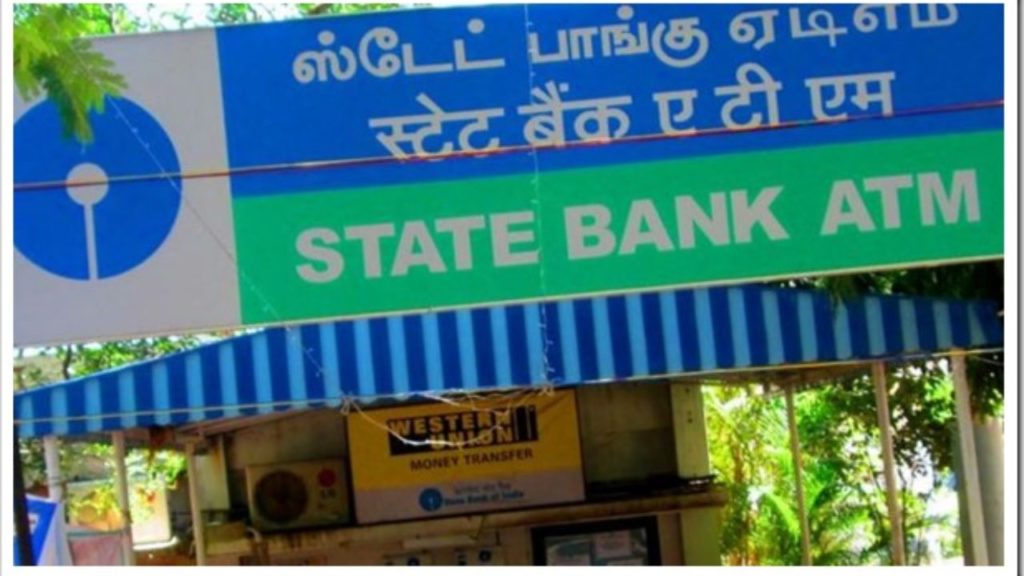SBI’s Warning For 43 Crore Customers: Fake Customer Helpline Will Rob Your Account! (How To Be Safe?)

The State Bank of India has warned its customers to be aware of fraudulent customer care numbers that claim to be from the bank.
Frauds and scams are not new to us anymore, but scamsters still find new ways to rob people. SBI has issued a warning against the same.
State Bank of India Issues Warning Against Fraudulent Customer Care Numbers
The tweet by SBI says, “Beware of fraudulent customer care numbers. Please refer to the official website of SBI for correct customer care numbers. Refrain from sharing confidential banking information with anyone.
#CyberSafety #CyberCrime #Fraud #BankSafe #SafeWithSBI”
As per SBI, if you are a customer of the bank, you should not entertain any calls from unverified numbers or callers who claim to be SBI customer care officers.
We recently reported to you about SBI trying to warn its users about possible malicious links. Clicking on these links can cause you to lose out on important financial data, which can cost you dearly.
The bank also warned about downloading any kind of application on a mobile phone or computer system, which can cause a phishing attack. Before downloading users should check the authenticity of the apps. They should also check out user reviews and comments.
Is KYC Fraud Real?
The bank also acknowledged that KYC fraud is real and has spread across the country through a tweet. To avert this fraud, the company has asked customers not to click on any link which asks them to update their KYC.
There also have been incidents about people being scammed wherein the conman sends QR codes to potential targets asking them to scan the code. They say that upon successful scanning, the target will receive money. SBI has quashed such falsehoods and has said to not fall for such fake claims and to always remain vigilant that QR code scanning only causes money to be debited from one’s account.
If by any chance, one comes across such kind of experience, they can launch a complaint at http://cybercrime.gov.in.

Comments are closed, but trackbacks and pingbacks are open.